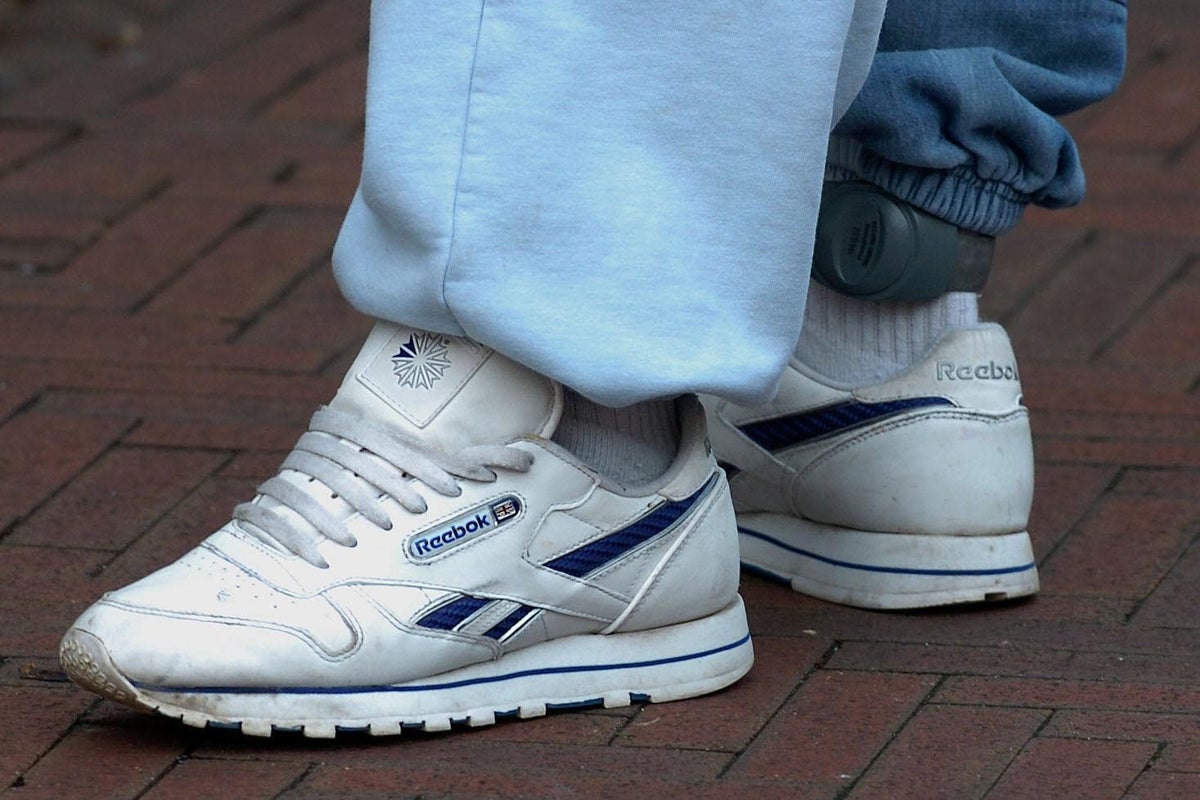
GPS tagging of criminals leaving prison has led to a drop in the rate of reoffending, according to a study.
A Ministry of Justice pilot scheme, which targeted male offenders who committed burglary, theft and robbery, suggested that forcing criminals to wear the tracking devices on release from prison meant they were less likely to commit further offences.
Under the scheme, criminals’ movements were monitored and mapped against scenes of recent unsolved burglaries and theft, and then any matches were shared with police during their investigations.
The project found male prison leavers involved in the study were associated with a drop in the rate of reoffending within 12 months of release by seven percentage points, from 33.2% to 26.2%.
The study also detailed the average number of reoffences per offender fell by 0.35, from 1.04 to 0.69 over the same period.
It added the results, from the group made up of 3,360 tagging orders, were “statistically significant”.
Prisons minister Lord James Timpson said: “The evidence is clear that tagging works, acting as a constant reminder to thieves and burglars that we are watching their every move and will know if they reoffend.
“We are increasing the use of tagging as part of our Plan for Change to toughen punishment, prevent crime and make our streets safer.”
The MoJ also said ruling out suspects early on in investigations through the mapping technology freed up police time, with evidence suggesting the study could have led to 16,000 fewer unnecessary arrests of adults.
Ministers have vowed to tag thousands more offenders as part of sentencing reforms which will seek tougher punishments in the community and fewer short sentences in prison.
Latest MoJ figures show nearly 20,000 offenders and defendants were wearing an electronic tag as of June this year.
Ministers will give the Probation Service an extra £700 million by 2028 to back up the reforms, as well as recruiting 1,300 new probation officers by March 2026.
